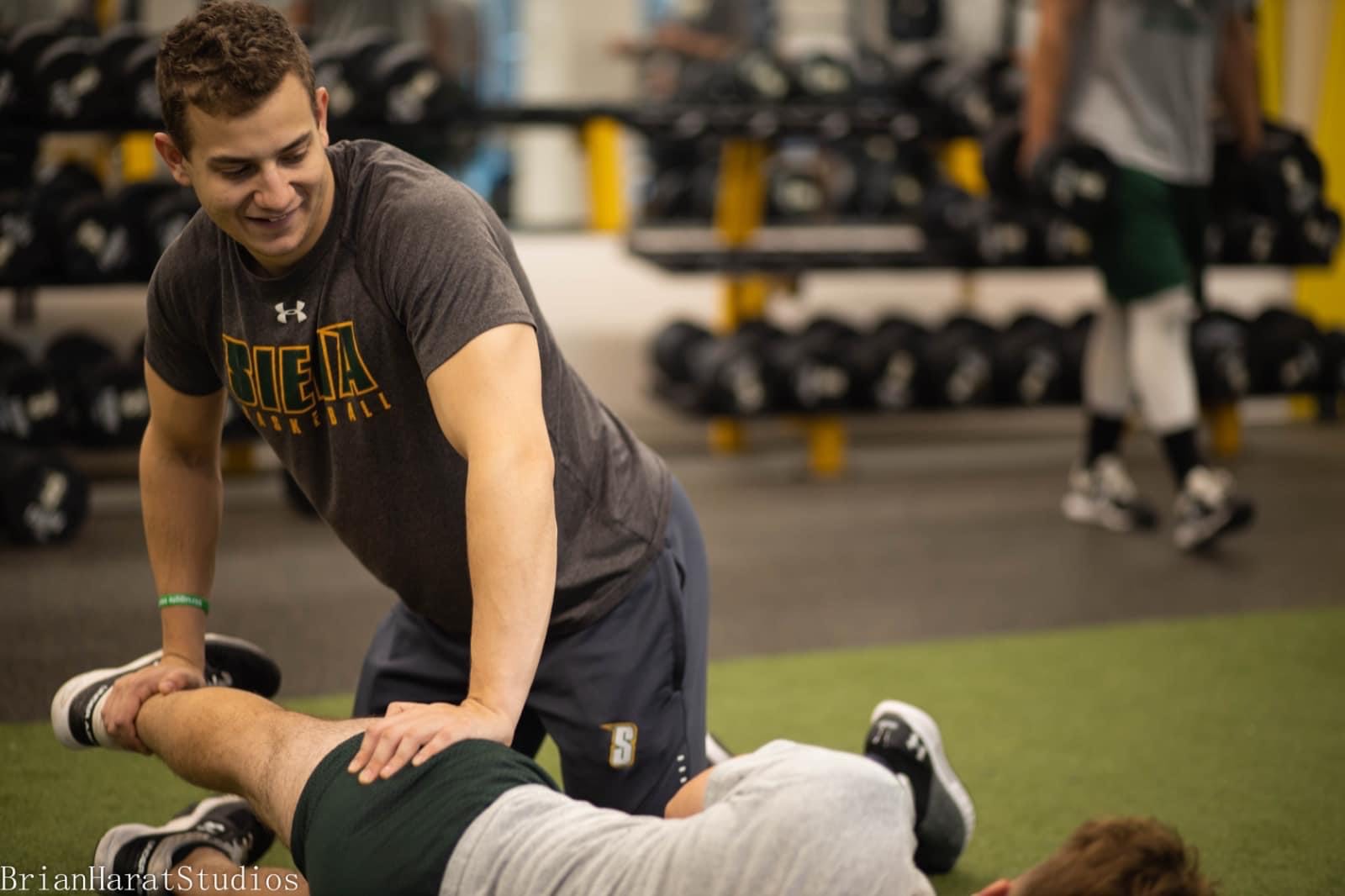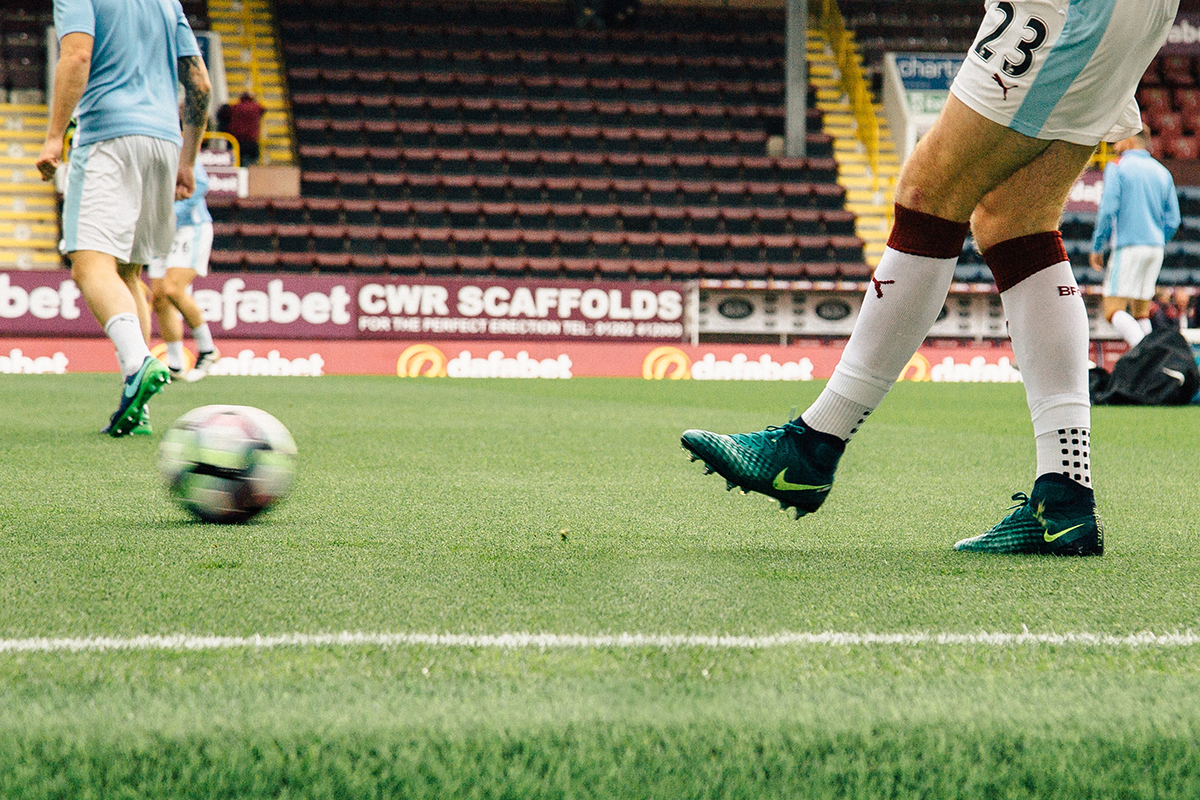How OCD Interferes with Athletic Performance
By Sarah Farris, LCPC
OCD can disrupt any part of a person’s life, including athletic performance. When OCD interferes with training, it can take the focus away from skill development and turn one’s attention towards alleviating their anxiety or distress. Given that repetition is a necessity in training, it isn’t always easy to recognize when OCD is impeding on an athlete’s performance. One way to differentiate is to consider what is the underlying motivator. If an athlete’s performance is more directed towards alleviating anxiety and less towards development, conditioning or achieving sport specific goals, then OCD is likely interfering with athletic performance.
Here are a few examples of how obsessions and compulsions might inhibit athletic performance.
- Perfectionism and interrupting the “flow”. Mastering a new skill requires a lot of time to develop. Gradual progression and repetition is part of mastery. However, OCD can stop the progression or slow down momentum. For example, a swimmer with OCD and perfectionistic tendencies may stop in the middle of the pool to start over because the timing of his breath in the previous stroke wasn’t exactly right.
- Delays. Compulsions can often take up a significant amount of time. An athlete with OCD may find it difficult to resist their compulsions while at practice or during a game, leading to delays.
- Distraction. OCD can make it hard to feel fully present and can take an athlete’s focus out of their performance.
- Tardiness. An athlete struggling to resist compulsions may show up late to practice or competitions.
- Overtraining and risk of injury. Repeating drills in order to alleviate intrusive thoughts can lead to excessive training and potential injury.
- Poor recovery. OCD can interfere with down time. Intrusive thoughts may surface when an athlete is planning on relaxation and self-care during post-training recovery. It can also disrupt sleep. As a result, recovery becomes more stressful than restorative.
- Loss of confidence. The more OCD interferes, the more doubting gets reinforced. An athlete may spend more time mentally reviewing, ruminating, or seeking reassurance on aspects of their training that they worry about.
- Isolation or loneliness. An athlete struggling with anxiety may feel alone in their experience or worry about how they are connecting with peers.



